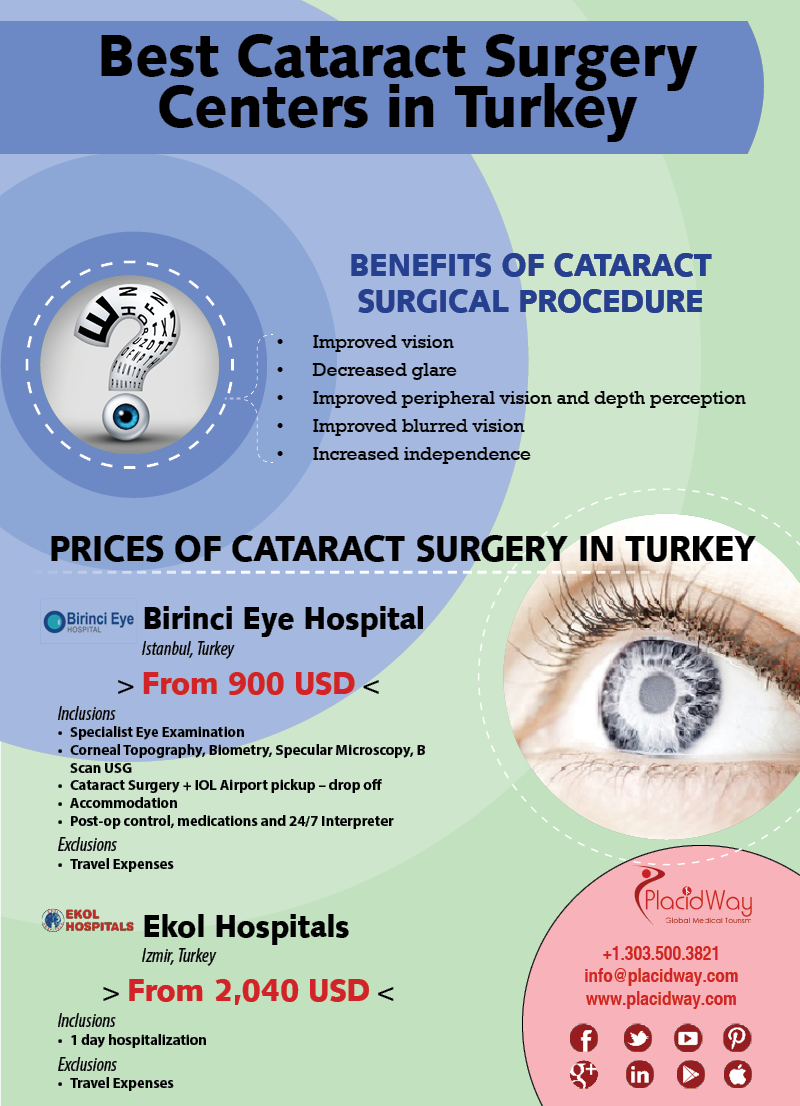The Extensive FAQ On Refractive Lens Exchange: Crucial Details You Need To Know
The Extensive FAQ On Refractive Lens Exchange: Crucial Details You Need To Know
Blog Article
Post Written By- Custom LASIK
If you're thinking about refractive lens exchange, you possibly have a lot of questions. This procedure can alter how you see the world, providing advantages like decreased dependancy on glasses. Nevertheless, it's necessary to recognize the procedure, dangers, and that certifies as a good candidate. Let's explore these important elements so you can make an enlightened choice concerning whether RLE is right for you.
What Is Refractive Lens Exchange and How Does It Function?
Refractive lens exchange (RLE) is a procedure designed to replace your eye's all-natural lens with an artificial one, correcting vision problems like nearsightedness, farsightedness, or presbyopia.
During the treatment, your doctor makes a small cut in the eye, eliminates your all-natural lens, and inserts an intraocular lens (IOL) tailored to your vision needs. This outpatient surgical procedure commonly takes around 15 to 30 minutes per eye and is executed under local anesthesia.
You'll likely observe enhancements in your vision almost instantly, though complete healing may take a couple of weeks. RLE is especially advantageous for those over 40 or with high prescriptions, using a resilient service compared to glasses or call lenses.
Your eye care specialist can aid identify if RLE is right for you.
What Are the Advantages and Dangers of Refractive Lens Exchange?
Choosing refractive lens exchange can lead to significant enhancements in your vision, yet it is necessary to weigh both the benefits and threats prior to deciding.
On the bonus side, this procedure can boost your sight by fixing problems like presbyopia, nearsightedness, and hyperopia. Several patients delight in lowered reliance on glasses or get in touch with lenses, which can considerably improve their lifestyle.
However, it's critical to take into consideration prospective dangers. Complications can consist of infection, glow, or halos around lights.
There's also a chance of overcorrection or undercorrection, which might call for additional procedures.
That Is a Suitable Candidate for Refractive Lens Exchange?
If you're considering refractive lens exchange, it's important to know whether you fit the profile of an excellent candidate. Usually, you may be an excellent candidate if you more than 40, experience presbyopia, or have high degrees of nearsightedness or farsightedness.
It's likewise essential that your vision is stable, indicating your prescription hasn't transformed dramatically in the past year. If you have cataracts or other eye problems, you could gain from this treatment as well.
Nonetheless, particular elements, like uncontrolled diabetes mellitus or autoimmune diseases, can invalidate you. To identify your candidateship, consult with an eye care professional that can examine your certain situation and recommend the best course of action tailored to your needs.
Highly recommended Web-site
To conclude, refractive lens exchange can be a transformative option for improving your vision, specifically if you more than 40 or have a high prescription. While the advantages are considerable, it's essential to evaluate the threats and consult with your eye care professional to identify if you're an ideal candidate. With the ideal info and assistance, you can make a notified choice and potentially take pleasure in a life with decreased dependancy on glasses.
